EU-Vietnam Agreement: the puzzle is complete
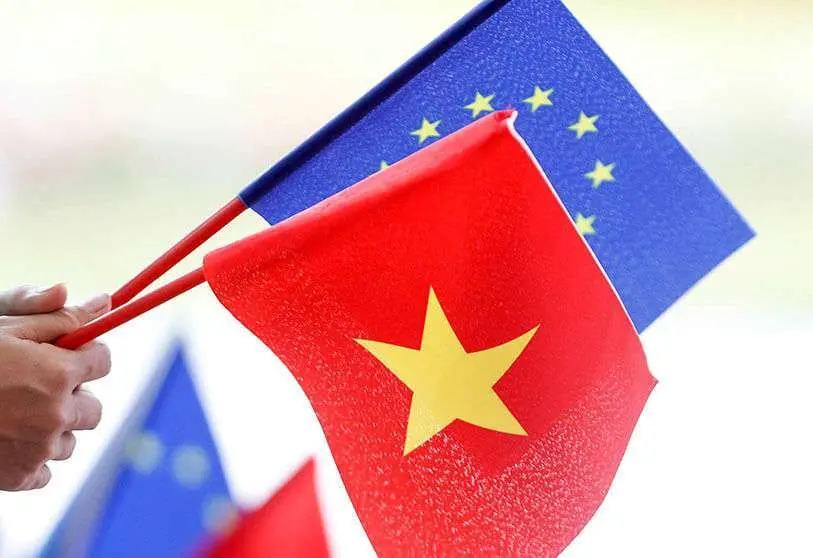
The entry into force of the EU-Vietnam Free Trade Agreement on 1 August has been a major milestone in strengthening the EU's bilateral economic relations with one of the most dynamic economies in ASEAN. As then Trade Commissioner Paul Hogan pointed out, "Vietnam is now part of a club of 77 countries trading with the EU on preferential terms. The agreement strengthens economic ties with the South East Asian region and maintains significant economic potential, which will contribute to recovery from the coronavirus crisis".
The Free Trade Agreement (FTA) involves the immediate elimination of 65% of tariffs on EU exports to Vietnam and 71% of such duties on imports from Vietnam.
The dismantling of tariff rates for other products will take place gradually over a period of up to seven years for Vietnamese products and up to 10 years for European products, according to a schedule that can be found in the agreement itself. This will enable European companies to export to Vietnam at lower tariffs and with greater facilities, through preferential treatment, for which they will have to be registered with the REX Register. This situation therefore improves price competition with Japanese, Korean and American producers and also enables firms established there to export practically without tariffs to Europe.
But this "new generation" agreement is also accompanied by another investment protection agreement (IPA), which has yet to be ratified internally by the various EU Member States and which will replace the Reciprocal Investment Promotion and Protection Agreement (RIPPA) currently in force with Vietnam in Spain. The IPA extends the scope of the European initiative to achieve what has been described as "the most ambitious and comprehensive agreement concluded by the EU with a developing country".
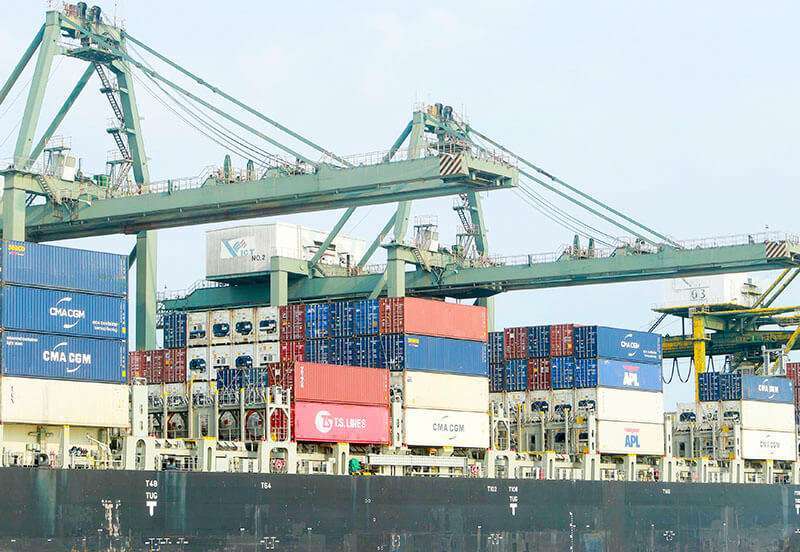
Vietnam is the EU's second most important economic partner within ASEAN, just behind Singapore, with trade in goods amounting to 45.5 billion euros in 2019 and trade in services generating 4 billion euros in 2018 (see infographic at the end of the text). In the specific case of Spain, trade has increased considerably in recent years, reaching a total of almost 3.5 billion euros in 2019. But they have also been characterised by a strong imbalance between imports and exports, which has generated a large trade deficit of 2,535 million euros in 2019 for our country.
The composition of Spain's main exports to this Asian country is very similar to that of Europe. The strong presence of high technology products, such as machinery and electrical equipment, vehicles and pharmaceutical products is noteworthy. Meanwhile, the EU's and Spain's largest imports from Vietnam consist of electronic products, footwear and textiles, as well as foodstuffs and furniture.
On the other hand, the EU is one of the most important foreign investors in the country, with an estimated cumulative foreign direct investment (FDI) of some 7.5 billion dollars at the end of 2018, mainly directed at the industrial and manufacturing sector, although in this case the Spanish figures are small and barely reached 100 million euros.
In recent years Vietnam has furthermore become a priority destination for foreign investment in the region, driven by its booming market, and is one of the countries in the world with the highest rate of public investment in relation to its GDP.
Despite the coronavirus crisis, it is estimated that it will be one of the few economies that will continue to grow this year, at 4.1 per cent according to the Asian Development Bank (ADB), and many of the major public infrastructure programmes are therefore likely to continue.
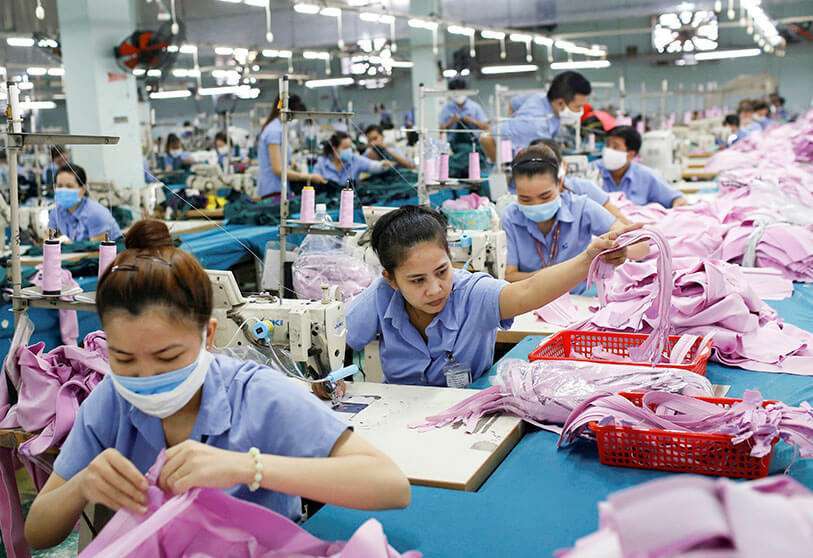
Spain's economic and trade advisor in Ho Chi Minh City, Juan Fernández-Cuervo, predicts that this FTA will expand the trade flows that already exist. In other words, more textiles, footwear and electronics will be exported from Vietnam to Europe and Europeans will be able to export more pharmaceutical products or machinery to Vietnam. "Spanish companies will benefit from these advantages, but we must put the euphoria into perspective: the reduction in tariffs will be gradual, not immediate, and for some European products, such as wine, it will take up to seven years to be eliminated," stresses Fernández-Cuervo, pointing out that "experience with similar treaties shows that, unfortunately, in the first few years the large bilateral trade deficit will increase.
In fact, there may be increased sales of Vietnamese shoes and textiles in Europe. This is because the EU has been very generous - from a trading point of view, perhaps even too generous - with Vietnam and, by the time the agreement comes into force, most local products enjoy almost immediate tariff elimination. Spanish exports will need up to seven years to benefit from substantial tariff reductions, so "we can only wait for the trade deficit to stabilise in the medium term as tariff falls on European products are activated", the minister emphasised.
However, Juan Fernández-Cuervo stresses the many benefits that this initiative can bring and highlights the positive impact that three of its horizontal measures in particular will have. Firstly, the FTA imposes standards for controls and verification methods in order to make customs procedures more dynamic. These are particularly useful in the face of a non-transparent and relatively slow system such as the Vietnamese one and will make it possible to eliminate bureaucracy, facilitate checks on samples or create a rapid mechanism for resolving disputes between customs agencies and speed up trade, especially in food trade, which is the one that suffers most from customs barriers.
Second, the Vietnamese government undertakes to step up its defence of intellectual property, a recurrent problem in Vietnam owing to the large number of imitations and local copies, and to comply with the standards of the international agencies by clarifying the system and extending the sanctions.
In addition, protection against imitation is granted to 169 traditional European foods and drinks with a geographical indication. Finally, the FTA is accompanied by an investment protection agreement. This part is essential because it will give European companies greater legal security against disputes with the Vietnamese public authorities, which are very present and powerful groups in the local economy.
An independent tribunal is thus created to resolve disputes, whose decisions are binding without the possibility of appeal or delay in implementation. "The bad news is that this investment protection agreement will not enter into force until it is ratified by the national parliaments of all EU Member States, which may take several years," says the Minister.
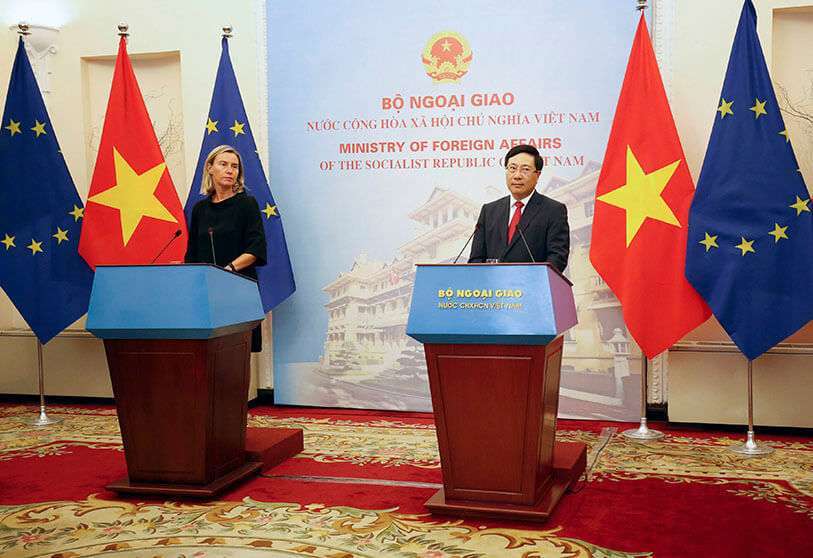
The Spanish sectors that could benefit most are those that export machinery and equipment (hospitals, electricity production plants, computer systems or equipment for industrial plants), industrial chemicals and medicines. To a lesser extent, opportunities arise in more traditional activities, such as wine, pork or dairy production.
On the other hand, manufacturers in Spain of furniture, textiles or footwear will have to face the competitive Vietnamese offer at more attractive duty-free prices. Similarly, food imports from Vietnam, such as fish or rice, will be more competitive with products from our country.
The investment agreement also opens up opportunities for our companies. An example of this can be found in renewable energies. In 2017 the authorities launched an ambitious programme that has achieved international success and has established an attractive system of public incentives for solar and wind power generation, which has encouraged all kinds of Spanish firms to study possible operations.
It will also be easier for our firms to bid on public works contracts because the minimum contract sizes for international tendering are reduced and transparency and publicity practices are improved. In addition, Vietnam is in urgent need of water and waste treatment plants, sectors in which local companies do not yet have sufficient technology and experience.
Finally, the new agreement is a good opportunity for Spanish companies established in other countries who wish to relocate their factories to export to Europe without tariffs. "This is a process of relocation that has been going on for several years, because labour costs in Vietnam are approximately half of what they are in China, and now it will accelerate," stresses Fernández-Cuervo.
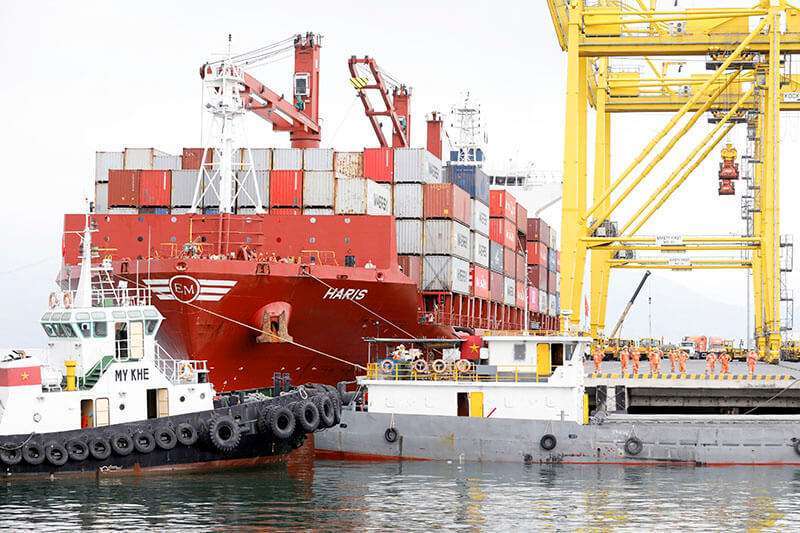
"The key to contemplating a significant increase in European and Spanish investment," the Minister explained in Ho Chi Minh City, "will be the ratification of the investment protection agreement, because it creates a mechanism for resolving conflicts with authorities or public companies that is quick, impartial, transparent and obligatory".
He therefore considers this to be a real step forward, as the Vietnamese authorities are very interested in looking after FDI and generally respect foreign investment, but in the event of a conflict, it is useless to go to the local courts. Disputes are settled in an "amicable" manner between the authorities and foreign companies.
Fernandez-Cuervo also comments that the agreement on paper is positive but the important thing will be its actual implementation. Vietnam, among other countries, is an expert in creating internal regulation and processes that could eventually limit the benefits for European exports, through the application of new taxes, such as on wine consumption, if they believe that it jeopardises their trade surplus.
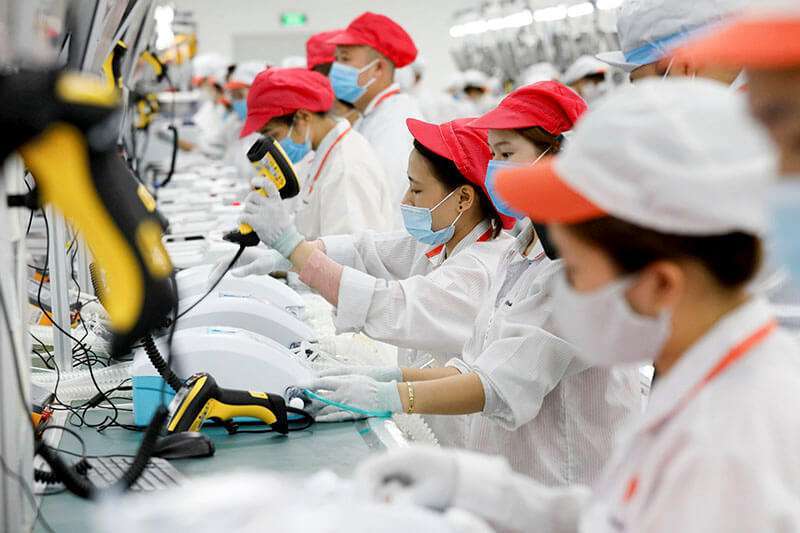
"The EU has the capacity to review Vietnam's compliance with the trade agreement on an annual basis, and we hope that it will be demanding and vigilant in its compliance", stressed the Minister, who also added that "the task of Spain's Economic and Trade Office is also to put pressure on the EU to make the maximum effort to avoid non-compliance, since these are European and not national competences".
Criticism has been voiced that the Asian country has made fewer concessions in terms of tariff discounts, since these will take 10 years (maximum) for European exports, compared to seven years (maximum) for Vietnamese exports.
In this connection, Mr Fernández-Cuervo stresses that the EU wanted to strengthen its relationship with Vietnam, a very promising country with a very dynamic and young economy of almost 100 million consumers. "At the cost of certain commercial sacrifices, we hope to have better access to this market, both in terms of exports and through greater investment," the advisor concludes.










